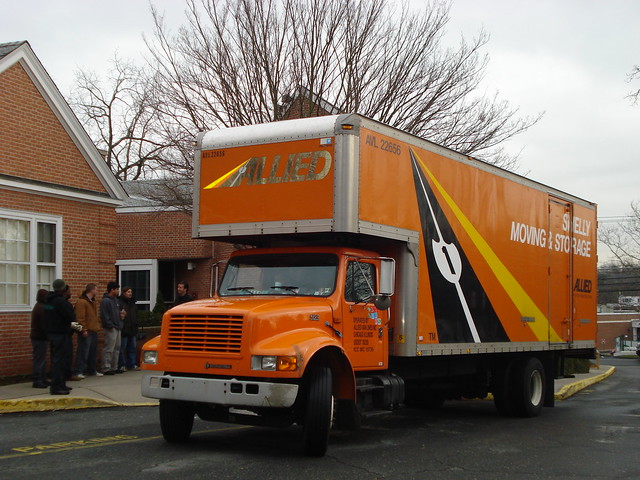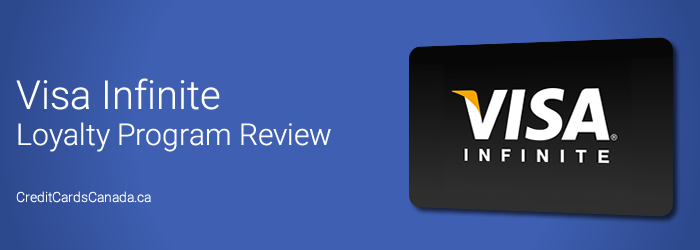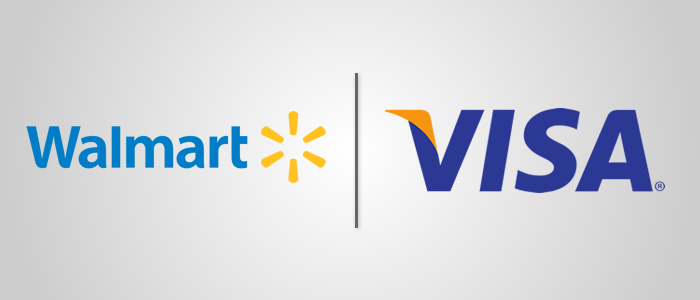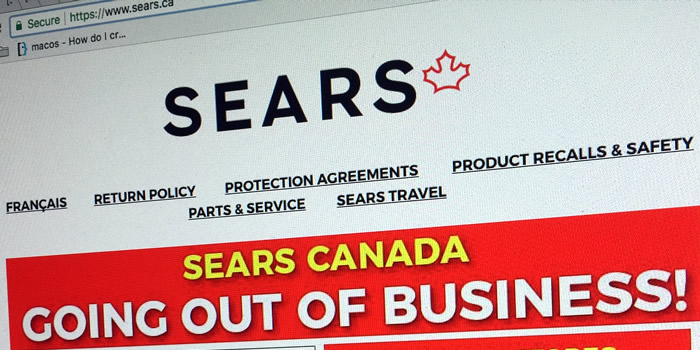Canadian Newcomers: Starting Your New Life & Establishing Credit
Posted July 3, 2013 in Credit Card TipsAfter months of preparation and weeks of living amongst towers of cardboard boxes, you’ve finally arrived in Canada. You have a job, somewhere to live and may even have some of those moving boxes unpacked. Unfortunately, there are a lot more items on your To Do List – such as getting the kids enrolled in school, finding a family doctor & learning your way around town. You’ll also want to add getting identification, a SIN and a banking account. Oh and then, there’s establishing your Canadian credit history…
Moving to a new town, let alone a new country, can be confusing & overwhelming. It’s difficult to know where to even start sometimes. Here are some helpful tips to starting your new financial life in Canada.
Get Identification Cards
The first step to setting up your new life in Canada is getting identification. Obtain a Permanent Resident Card and a Canadian driver’s license. A new driver’s license will allow you to legally operate a vehicle anywhere in the country and will make opening a bank account much easier.
Driver’s licenses are issued by each province or territory, so you’ll need to work with the motor vehicle licensing agency in your area. You’ll generally have 90 days to obtain the license, once you arrive, and will need to provide proof of previous driving experience. Bring your current driver’s license and/or a printed driving record from the licensing authority to your appointment.
Once you have your new driver’s license, you’ll need to get a Social Insurance Number (SIN). These can be obtained through your local Service Canada Centre. There you will need to provide a birth certificate, permanent resident card, or work permit along with supporting documents indicating the name you currently use, such as a marriage certificate.
Also, all Canadian citizens & permanent residents are eligible for health care. Once you have your identification cards, apply for your public health care benefits.
Set Up A Bank Account
After settling into your new home and obtaining your new identification and SIN cards, you’ll want to exchange your homeland currency into Canadian dollars. A local bank or other financial institution will generally have the best exchange rates. While you’re there, work with a service associate to set up a personal banking account.
Be sure to avoid check cashing joints or exchange kiosks, as they have the highest associated fees!
Local banks, trust companies, caisses populaires (in Quebec and Ontario) and credit unions are there to provide you with a safe place to stash all your new ‘loonies & toonies’ and they can also help you with loans, mortgages and investing later on – once you’ve established your credit.
Some of the larger banks that offer local branches are Scotiabank, Bank of Montreal (BMO), Royal Bank of Canada (RBC), Toronto-Dominion Bank (TD Canada Trust), Canadian Imperial Bank of Commerce (CIBC).
In order to set up a bank account, you’ll need to apply in person and provide two forms of identification, such as a Canadian driver’s license, SIN card or current Canadian passport. Keep in mind that the financial institution must provide you the following information about your account and how it will work.
- a copy of the account agreement within seven business days after the account is opened
- information about all charges applicable to the account
- information about how you will be notified of any increase in those charges and of any new charges applicable to the account
- information on the financial institution’s complaint-handling procedures.
Establishing Credit
Once you have your personal account set up, it’s time to start working on your credit history. Having a good credit history and credit rating will make your new life as a Canadian a bit more manageable, as it will assist you in purchasing a home, a car or even a cellphone.
“One of the major challenges new Canadians face when they arrive is establishing a credit history so they can buy or rent a home, get a credit card, purchase a car, and even secure a mobile phone plan and insurance,” said Stephen Menon, Associate Vice President of credit cards at TD Canada Trust. “But in order to build a good credit rating, you need to apply for credit, which is challenging when you are new to Canada and don’t have a Canadian credit history.”
To start your credit history, TD Canada Trust suggests applying for a secured credit card. “A secured credit card has all of the advantages of a credit card, but requires that a certain amount of money be set aside to provide the bank with the security that the money will be paid back,” said Menon. “If used responsibly over time a solid credit history can be built by paying credit card bills on time until eventually the credit rating is high enough to apply for an unsecured credit card.”
Secured cards will require some sort of security deposit and may have additional fees associated with the account. But, when used responsibly, a secured credit card can greatly improve your history & score over time. Just be sure to pay on time! Late or missed payments will erase all that hard work you’ve been doing to establish good credit. Set up automatic payments through your institution to make sure you pay on time and build that good credit history.
Once you’ve shown the credit rating agencies you can use your secured credit card responsibly, you’ll be able to apply for an unsecured card. These cards do not require security deposits and generally have lower interest rates. Some will even allow you to earn cash back, rewards, or points on certain purchases. Good credit history is key for approval, so hopefully you used that secured card wisely!
Continue paying your credit card bill on time, and pay off the entire balance each month – no matter how badly you want to pay just the minimum required. Timely payments and a small debt to credit limit ratio will really boost that growing credit score, which will eventually help you purchase your dream house down the street.
Be Patient, It Takes Time
Living in a new country can be stressful and challenging. Your new life is filled with change, uncertainty, and discomfort as you make new friends, learn new customs, and rebuild everything from the ground up. Just remember, it takes time. With a little responsibility, a good deal of persistence, and a short amount of time, you’ll be headed towards a bright future and prosperous life – in a wonderful new country you’ll soon call home.





